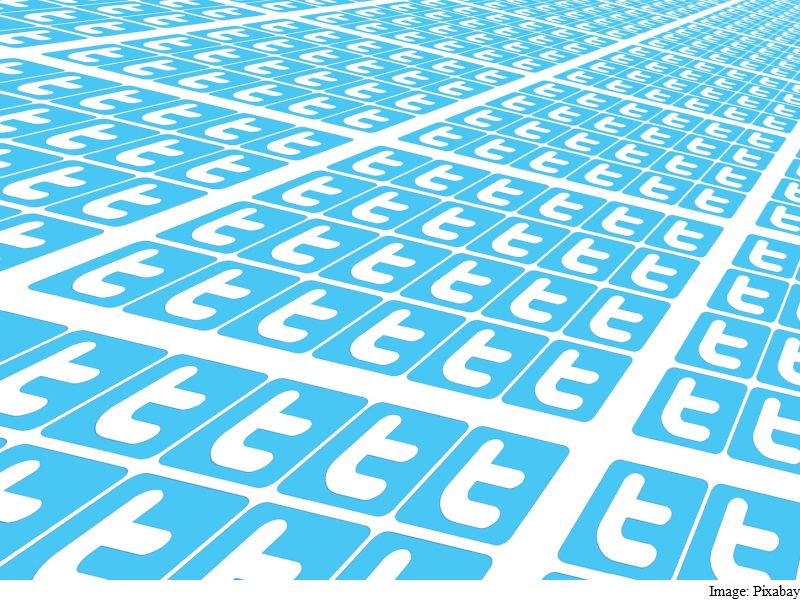- Home
- Social networking
- Social networking News
- Study Finds How Hashtags Affect Language on Twitter
Study Finds How Hashtags Affect Language on Twitter

But when Twitter users use the @ symbol to address smaller audiences, they are more likely to use non-standard words such as "nah," "cuz" and "smh," said the team from Georgia Institute of Technology.
They also found when people write to someone from the same city, they are even more likely to use non-standard language - often language that is specific to that geographical area.
"Since social media facilitates conversations between people all over the world, we were curious why we still see such a remarkable degree of geographical differentiation in online language," explained lead researcher Jacob Eisenstein, assistant professor in Georgia Tech's school of interactive computing.
The findings show that the most geographically differentiated language is more likely to be used in messages that will reach only a local audience, and therefore, will be less likely to spread to other locations.
For this, Eisenstein's team sifted through three years of tweets that included 114 million geotagged messages from 2.77 million users.
"People want to show their regional identity or their tech savviness, using Twitter-specific terms, to their close social network ties," added Umashanthi Pavalanathan, Georgia Tech graduate research scientist.
This research shows that for many people on Twitter, non-standard English is not a question of ability, but of reserving standard English for the right social situations.
"In this sense, heavy social media users have an especially nuanced understanding of language, since they maintain multiple linguistic systems. They know to use each system when it's socially appropriate," the authors noted in a paper appeared in the journal American Speech.
Catch the latest from the Consumer Electronics Show on Gadgets 360, at our CES 2026 hub.
Related Stories
- Samsung Galaxy Unpacked 2025
- ChatGPT
- Redmi Note 14 Pro+
- iPhone 16
- Apple Vision Pro
- Oneplus 12
- OnePlus Nord CE 3 Lite 5G
- iPhone 13
- Xiaomi 14 Pro
- Oppo Find N3
- Tecno Spark Go (2023)
- Realme V30
- Best Phones Under 25000
- Samsung Galaxy S24 Series
- Cryptocurrency
- iQoo 12
- Samsung Galaxy S24 Ultra
- Giottus
- Samsung Galaxy Z Flip 5
- Apple 'Scary Fast'
- Housefull 5
- GoPro Hero 12 Black Review
- Invincible Season 2
- JioGlass
- HD Ready TV
- Laptop Under 50000
- Smartwatch Under 10000
- Latest Mobile Phones
- Compare Phones
- Realme Neo 8
- OPPO Reno 15 FS
- Red Magic 11 Air
- Honor Magic 8 RSR Porsche Design
- Honor Magic 8 Pro Air
- Infinix Note Edge
- Lava Blaze Duo 3
- Tecno Spark Go 3
- Acer Chromebook 311 (2026)
- Acer Chromebook Spin 311
- Lenovo Idea Tab Plus
- Realme Pad 3
- Moto Watch
- Garmin Quatix 8 Pro
- Haier H5E Series
- Acerpure Nitro Z Series 100-inch QLED TV
- Asus ROG Ally
- Nintendo Switch Lite
- Haier 1.6 Ton 5 Star Inverter Split AC (HSU19G-MZAID5BN-INV)
- Haier 1.6 Ton 5 Star Inverter Split AC (HSU19G-MZAIM5BN-INV)







![[Sponsored] Haier C90 OLED TV | Dolby Vision IQ, 144Hz OLED and Google TV in Action](https://www.gadgets360.com/static/mobile/images/spacer.png)









